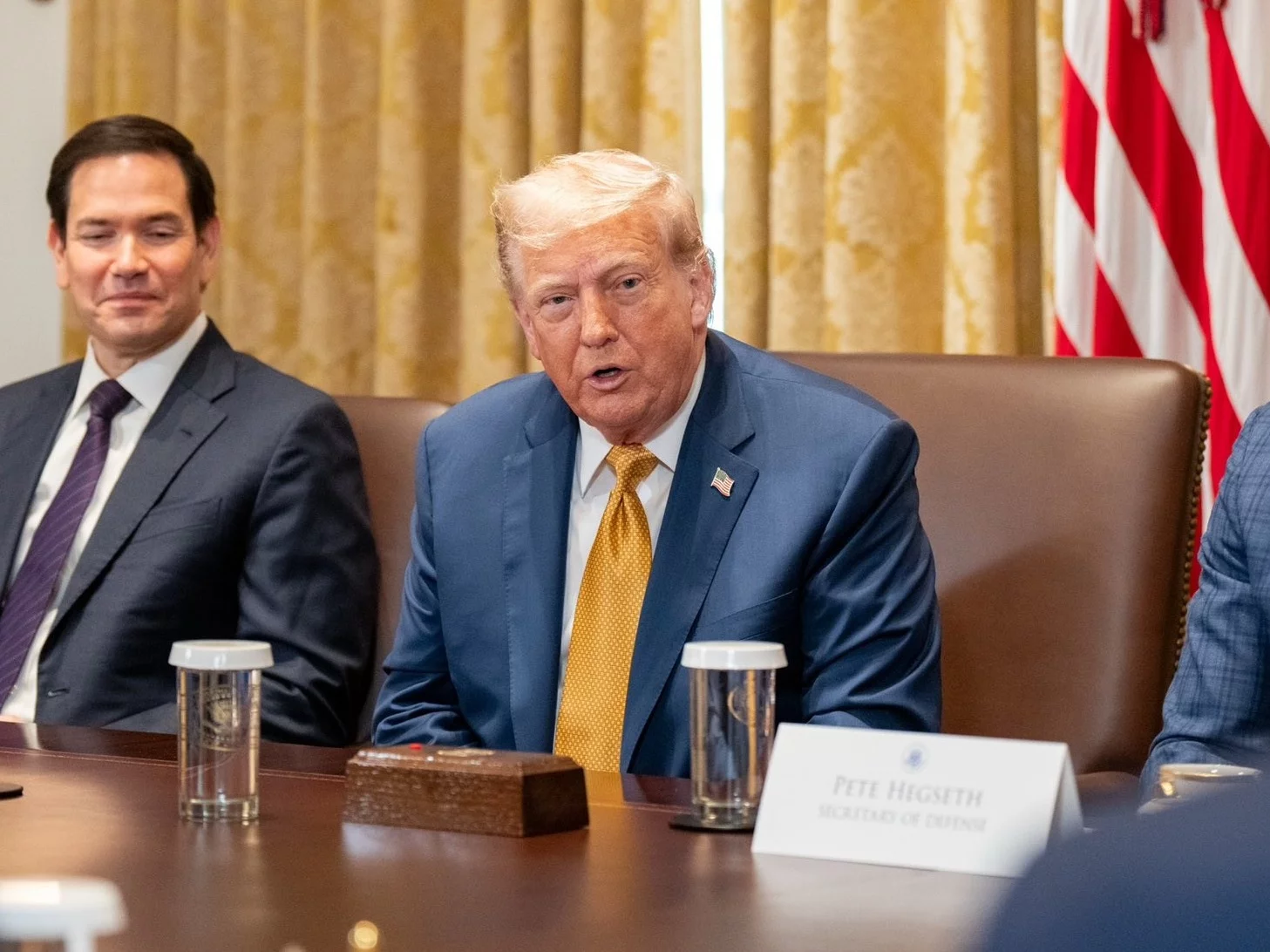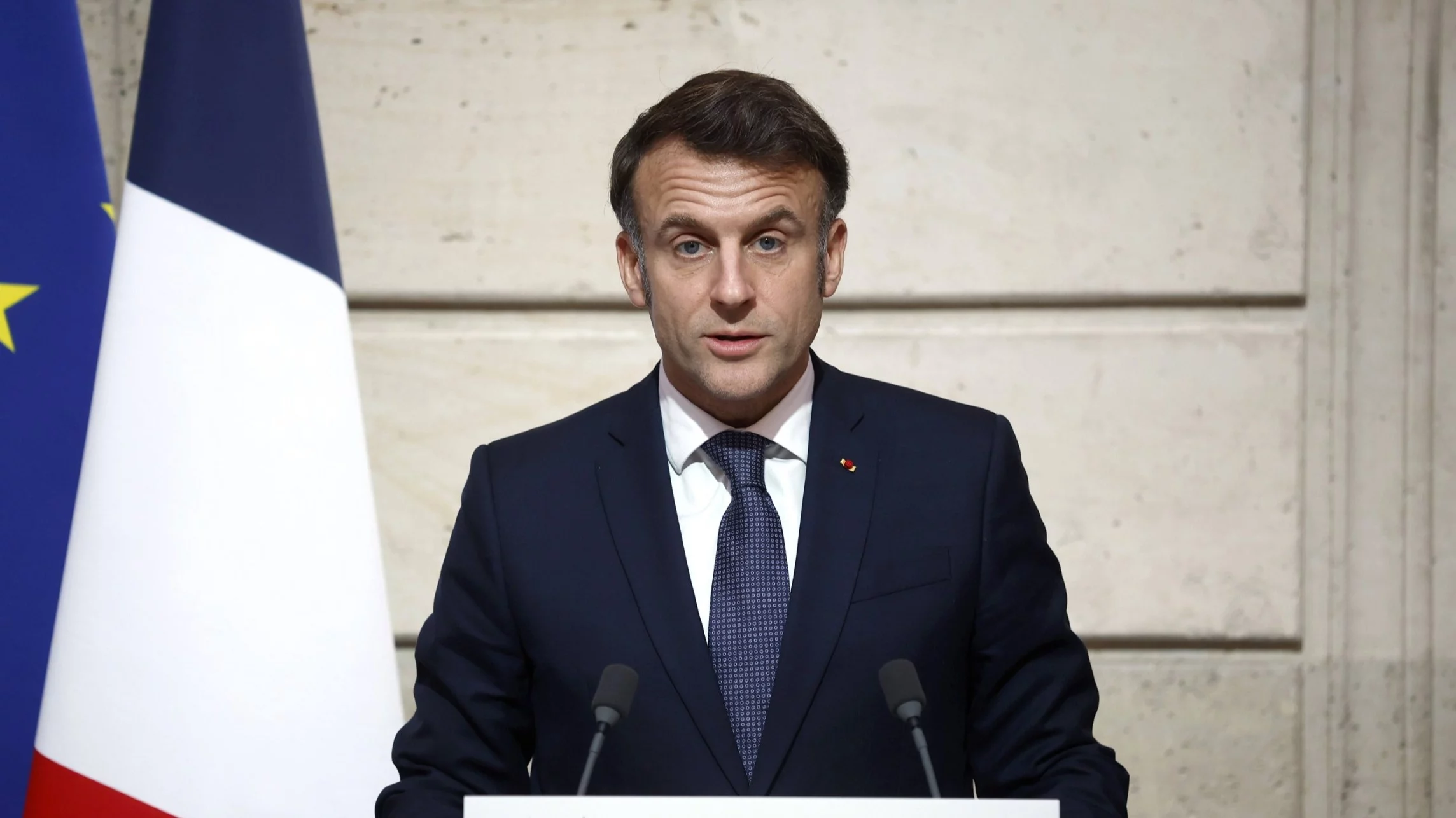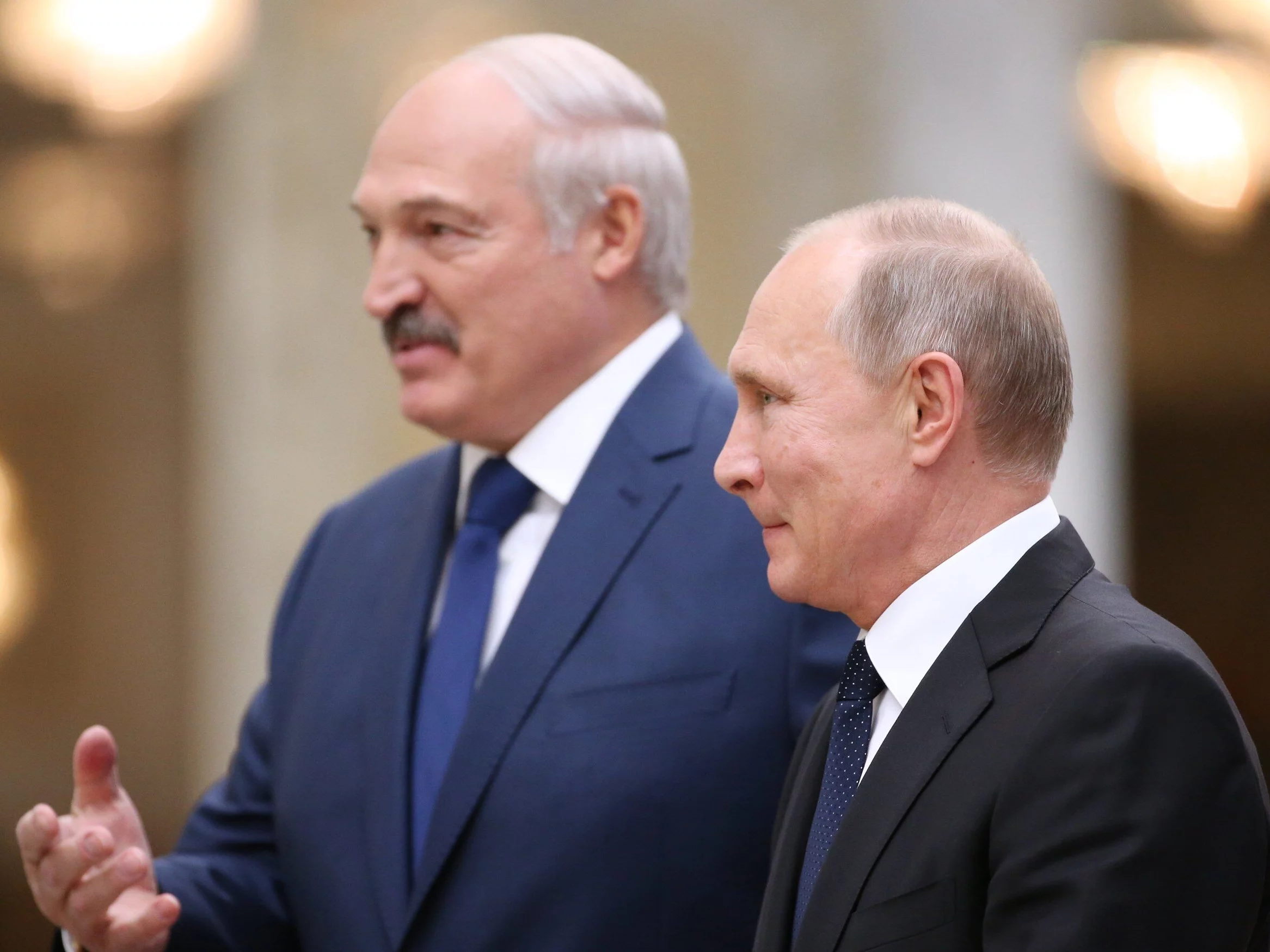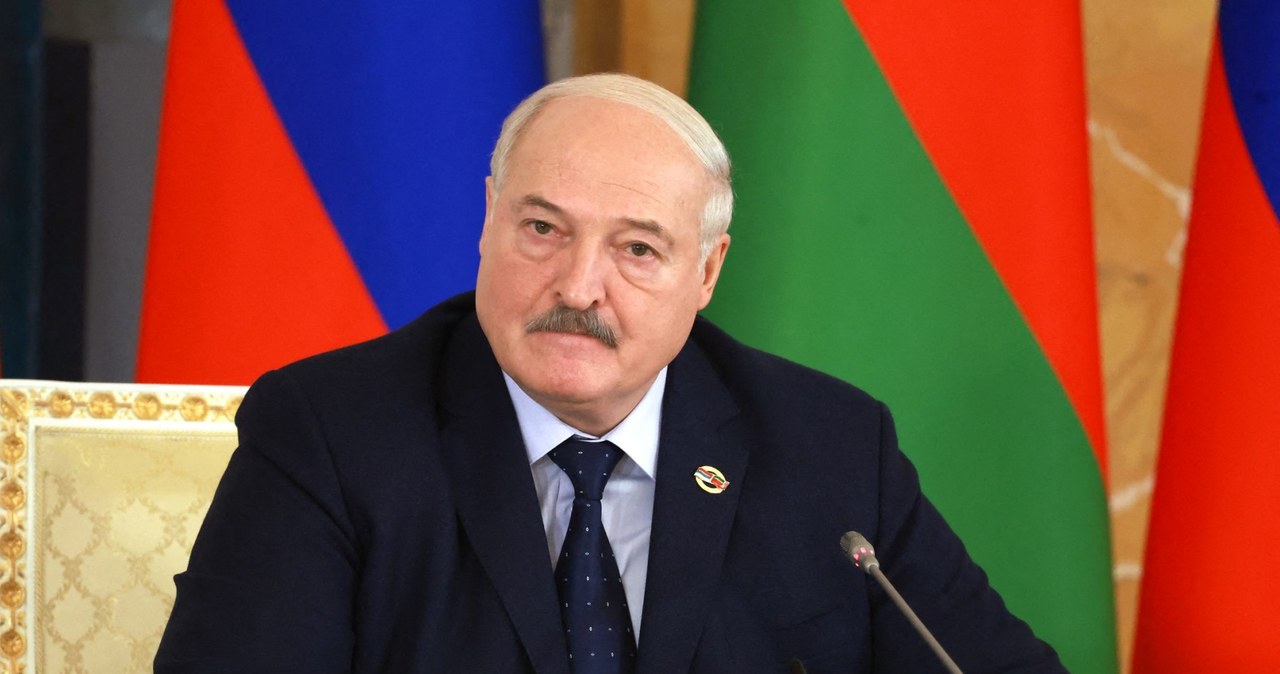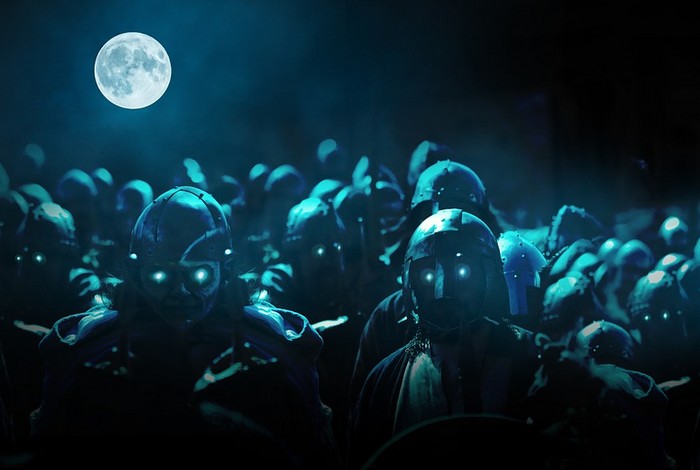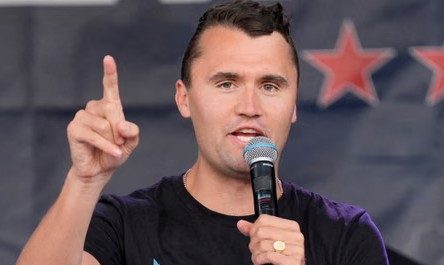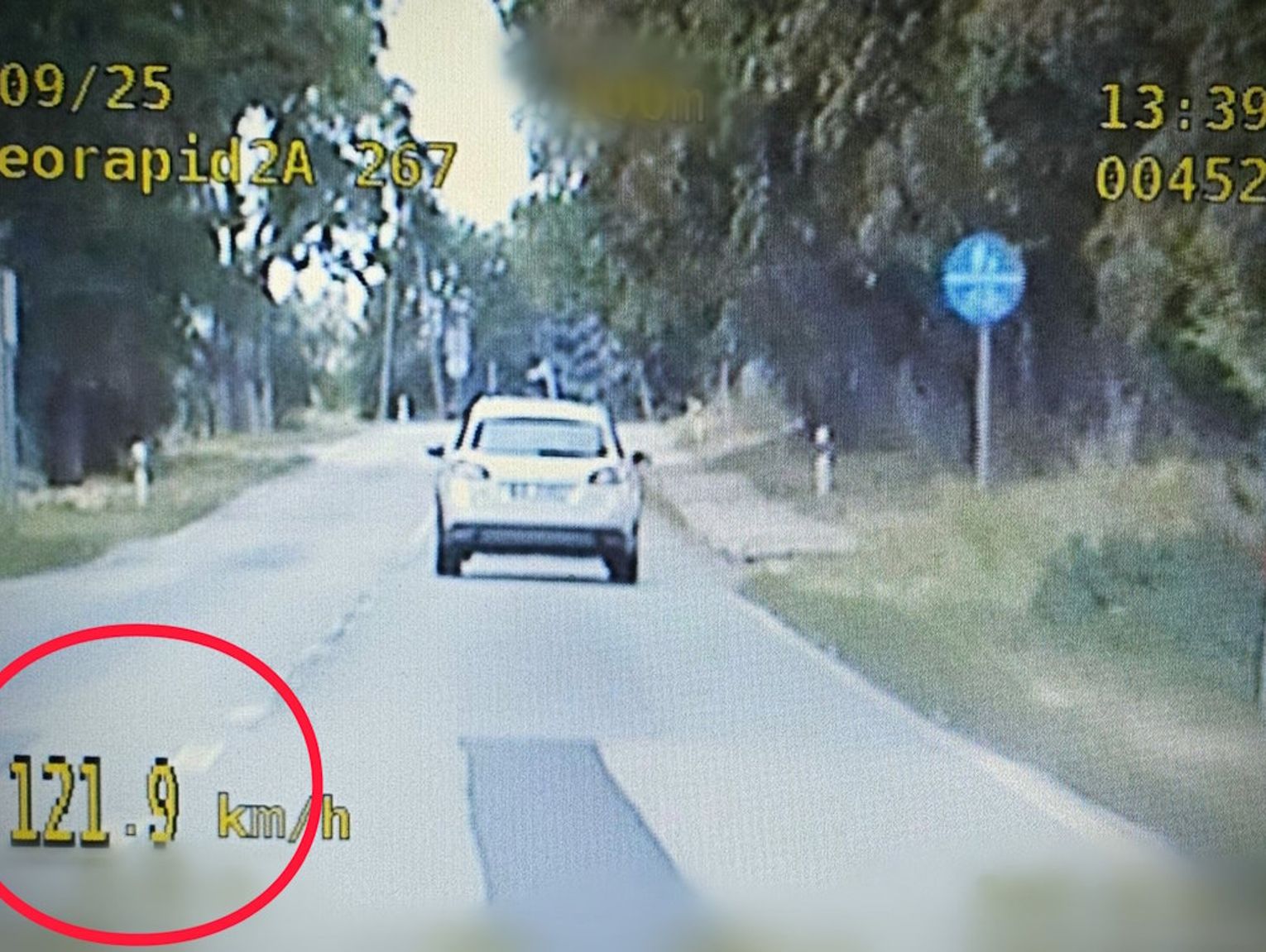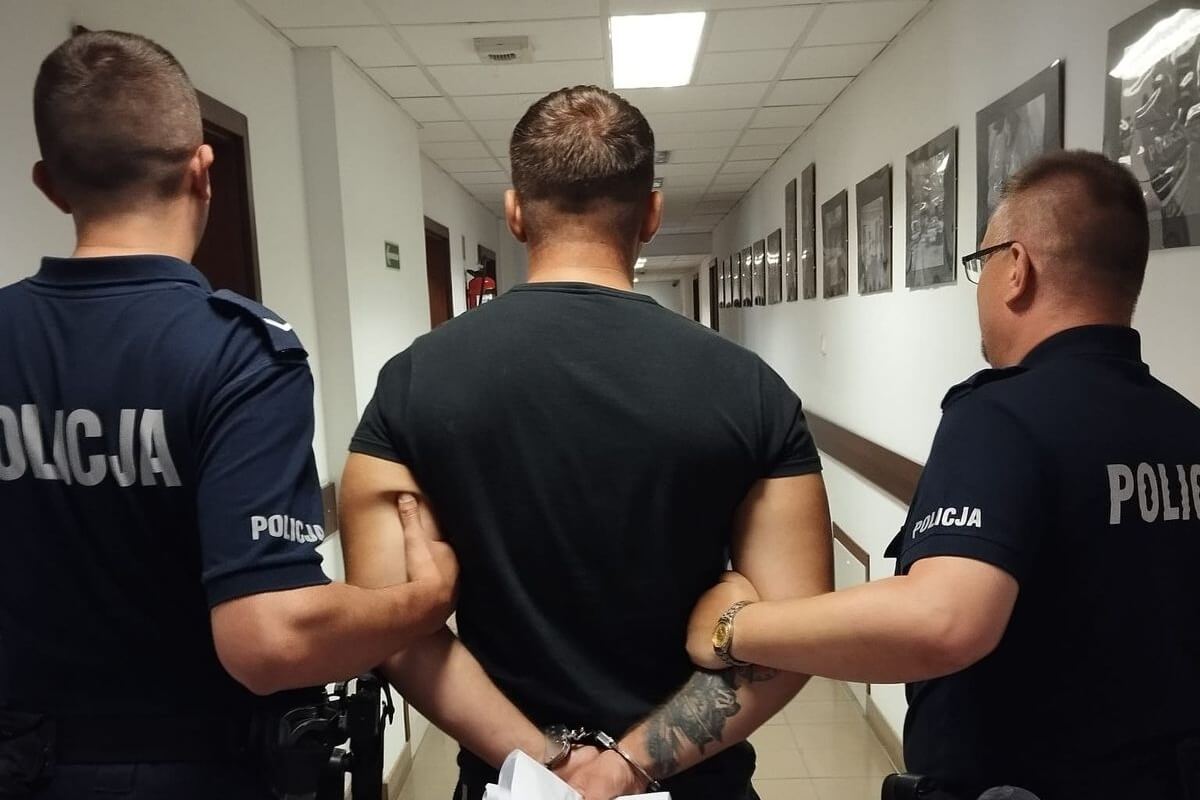
Manhattan Congestion Toll Remains In Effect Despite Trump Admin Deadline For Removal
A Trump administration deadline to remove a toll charged to drivers in Manhattan, New York City, by April 20 has not been met by local authorities.
On Jan. 5, the city implemented a congestion pricing policy under which drivers of cars, small vans, pickup trucks, and SUVs are charged a $9 toll for entering Manhattan below 60th Street between 5 a.m. and 9 p.m. on weekdays and between 9 a.m. and 9 p.m. on weekends.
The rates change during other times based on peak traffic. Trucks, taxis, buses, motorcycles, and Uber services are also subject to the toll.
In February, the U.S. Department of Transportation (DOT) terminated approval for the congestion pricing policy. New York state’s Metropolitan Transportation Authority (MTA), the state agency overseeing the tolls, then sued the federal government for canceling the program.
The DOT had initially given the MTA until March 31 to stop the collection of tolls under congestion pricing. This deadline was later extended by a period of 30 days, until April 20. By Sunday’s deadline, congestion pricing was still in effect in New York City.
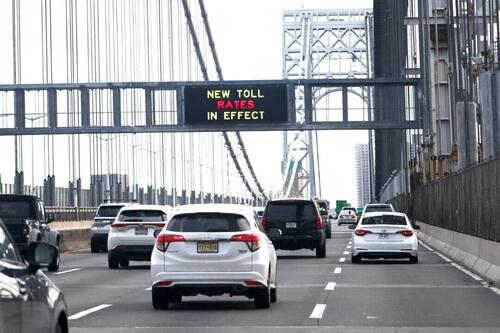
But, as Naveen Athrappully reports below for The Epoch Times, both New York Gov. Kathy Hochul’s office and the MTA confirmed on Sunday that its system of traffic cameras continues to collect the fee assessed on most cars entering the borough below Central Park.
“The cameras are staying on,” Hochul’s spokesperson Avi Small said.
John J. McCarthy, the MTA’s chief of policy and external relations, said, “In case there were any doubts, MTA, State and City reaffirmed in a court filing that congestion pricing is here to stay and that the arguments Secretary Duffy made trying to stop it have zero merit.”
The DOT said it would not remove the deadline even as the court case plays out, saying it would “not hesitate to use every tool” at its disposal if the state failed to stop the toll.
The MTA argues that toll fees help raise money to upgrade the city’s aging transit systems.
Hochul previously said the money would underpin $15 billion in debt financing for mass transit capital improvements, with 80 percent of the money to be spent on the subway and bus system and 20 percent on two commuter rail systems.
The Trump administration opposed the toll over concerns it negatively affects small businesses and average American citizens.
In a March 20 statement on social media platform X, Transportation Secretary Sean Duffy said the “unlawful pricing scheme charges working-class citizens to use roads their federal tax dollars already paid to build.”
Duffy said Hochul’s “refusal to end cordon pricing“ and her ”open disrespect towards the federal government is unacceptable.”
On Monday, Duffy sent a letter to Hochul regarding the state’s “illegal toll,” according to an April 21 statement from the DOT.
The New York State Department of Transportation (NYSDOT) has been given 30 days to describe how its noncompliance is not illegal.
If the tolls are not stopped by then, or if the Federal Highway Administration (FHWA), after evaluating NYSDOT’s response, determines that New York is out of compliance, the agency will take multiple actions, it said
This includes ceasing further “advance construction” projects within Manhattan and no more National Environmental Policy Act approvals for projects in the borough. The only exception would be if the projects are deemed to be essential for safety, the agency said.
If the noncompliance continues, more restrictive actions will be taken, including ceasing approvals for certain projects within New York City, it said
The corrective measures “may be expanded to other geographic areas within the State of New York if noncompliance continues,” DOT said.
Cars pass under E-ZPass readers and license plate-scanning cameras on the George Washington Bridge as congestion pricing takes effect in New York City on Jan. 5, 2024. Kena Betancur/AFP via Getty Images
MTA Versus DOT
In its complaint against the federal government, MTA said that the FHWA, a division of the DOT, had executed the Value Pricing Pilot Program (VPPP) allowing the congestion toll collection in November 2024.
It criticized the Trump administration’s efforts to terminate the congestion pricing, calling them “unlawful.”
The defendants have provided “no basis” for reversing their position on the program despite having approved it only a few months back, the MTA argued. Defendants in the case include the DOT, FHWA, and Duffy.
“Neither the VPPP Agreement nor applicable law or regulations permit FHWA to unilaterally terminate the VPPP Agreement,” the lawsuit said.
“This makes good sense. If FHWA had the right to unilaterally terminate a VPPP program that had already been approved and implemented, it would create uncertainty around the future of such programs any time leadership at FHWA, USDOT, or the White House changed—uncertainty that may make it difficult to issue bonds for other projects and would clearly undermine the purposes of the VPPP.”
Terminating the VPPP agreement is an “open disregard of a host of federal statutes and regulations” while also violating MTA’s rights under the U.S. Constitution, the complaint said.
In a Feb. 19 letter to Hochul, Duffy said New York City’s need for congestion pricing “appears to be driven primarily by the need to raise revenue for the Metropolitan Transit Authority system as opposed to the need to reduce congestion.”
Toll rates set under VPPP “should not be driven primarily by revenue targets,” he said.
Signs advising drivers of congestion pricing tolls are displayed near the exit of the Lincoln Tunnel in New York City on Feb. 19, 2025. Seth Wenig/AP Photo
Duffy said he recognized that the Federal Highway Administration under the Biden administration had deemed the congestion pricing policy eligible for approval under the VPPP initiative.
The Federal Highway Administration “did not explain the basis for its conclusion,” he wrote.
Even though the NYSDOT and the Triborough Bridge and Tunnel Authority (TBTA) have relied on the VPPP agreement to collect tolls, Duffy said such reliance “should not prevent the termination” of the agreement.
While NYSDOT and TBTA “have incurred costs related to the program, many of these costs were incurred” before the agreement was signed. The Federal Highway Administration “is not aware of any substantial costs associated with the physical stopping of the program,” the letter said.
The Epoch Times reached out to Hochul and the MTA for comment but did not receive a response by publication time.
Tyler Durden
Mon, 04/21/2025 – 22:40

 4 miesięcy temu
4 miesięcy temu
